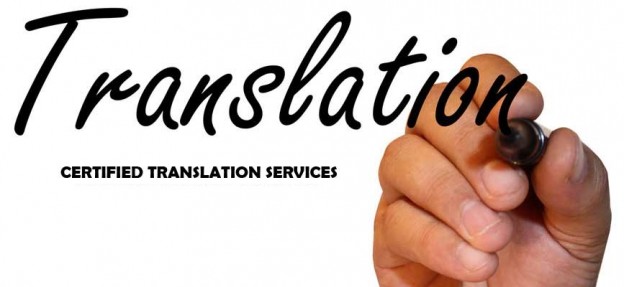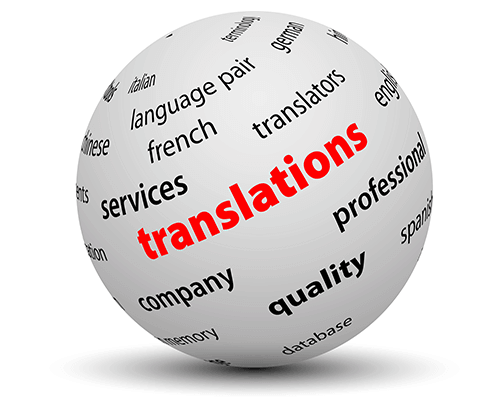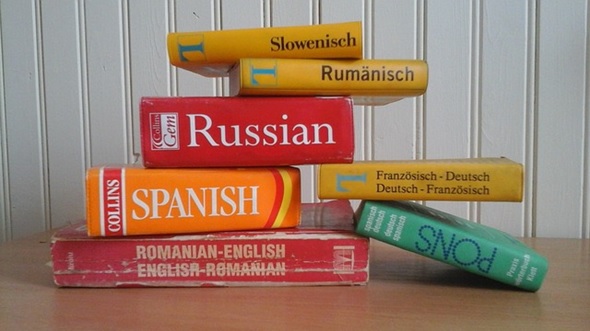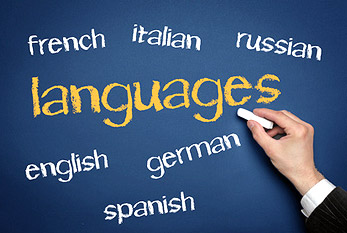Let’s be practical. English can be a really confusing language. There are a couple of words that seem to confuse not only non-native speakers, but native speakers too. Just add a single letter and the meaning of the words completely changes.
Therefore, it’s not just the language learners who have to be wary, but language experts also. This is why many individuals, as well as businesses, look for translation and interpretation services so that they can avoid any errors in their documents.
Below is a collection of common confusing words that you often come across.
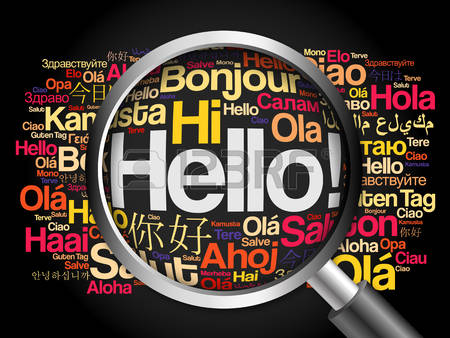
1-2: Flaunt Vs. Flout
Both these words sound similar. But, they carry different meanings. ‘Flaunt’ refers to ‘displaying something’ ostentatiously while the word ‘flout’ is used to ‘disregard rule.’
3:4: Hoard Vs. Horde
The meaning of the word ‘horde’ means a large group of people. It only applies to people. ‘Hoard’ refers to a valued objects or stock of money.
5-6: Averse Vs. Adverse
‘Averse’ means not liking something. It means strong dislike. It is used to describe a person’s attitude. ‘Adverse’ refers to preventing development or success, unfavorable. It is used for describing conditions, situations, or events.
7-8: Apprise Vs. Appraise
‘Apprise’ is meant for ‘to explain, tell or inform.’ On the other hand, ‘appraise’ means ‘to value, or quality.’ It is also used for ‘sitting a price on; value.’ When you apprise someone, it means you inform him or her.
9-10: Site, Cite, Vs. Sight
The word ‘site’ is used to explain ‘an area of a place on which a building, town, or monument is situated. Or it is used to describe a place where a particular activity or event has taken place or is taking place. ‘Cite’ refers to a book, passage, or source as evidence. It tends to get confused less frequently than sight and site. ‘Sight’ refers to faculty or action of seeing. It also means a thing that one sees or can be seen.
11-12: Illicit Vs. Elicit
‘Illicit’ is an adjective and ‘elicit’ is a verb. ‘Illicit’ means something which is ‘forbidden by rules, law, or custom.’ ‘Elicit’ refers to draw or evoke a response.
Bottom Line
There are many other words that can confuse you. So, when you need to translate any certification, degree or important document, they may put your into a problem. It is, therefore, important to look for a reliable and experienced translation and interpretation services providers.


